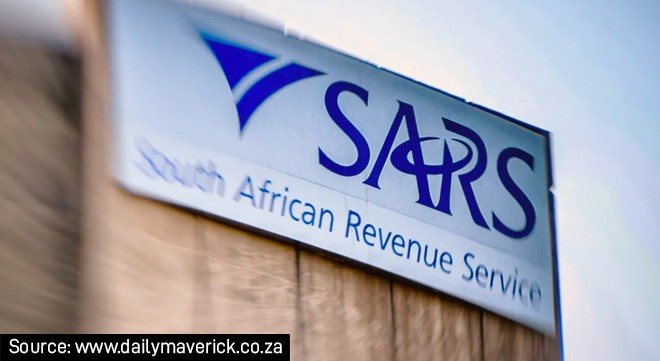
VDP interest relief proposed despite recent Constitutional Court precedent
Just a year after the Constitutional Court barred post-agreement interest remission in voluntary disclosure cases, Treasury proposes legislation to allow it.

Just a year after the Constitutional Court barred post-agreement interest remission in voluntary disclosure cases, Treasury proposes legislation to allow it.
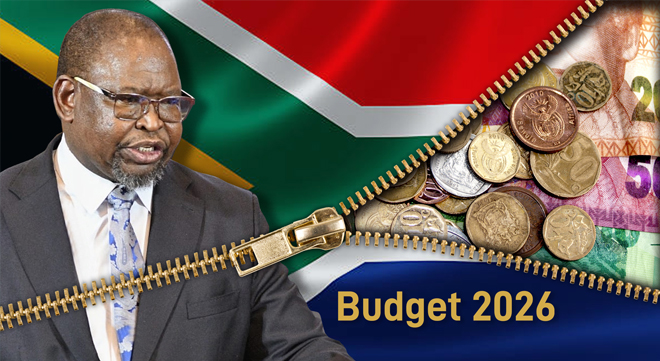
The tax regime for small and micro-businesses will also be adjusted for inflation.
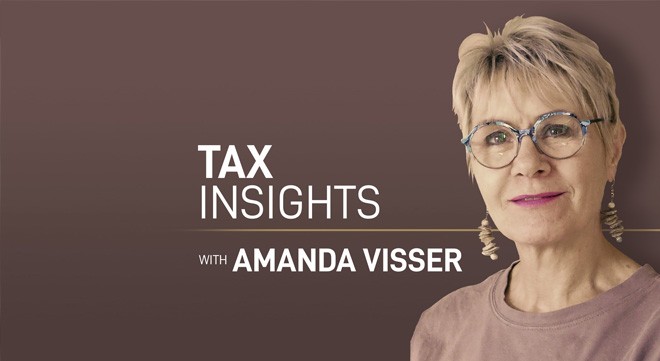
Advocates say including certain chicken products in the zero-rated food basket will directly benefit poorer households that rely on bone-in cuts and offal.
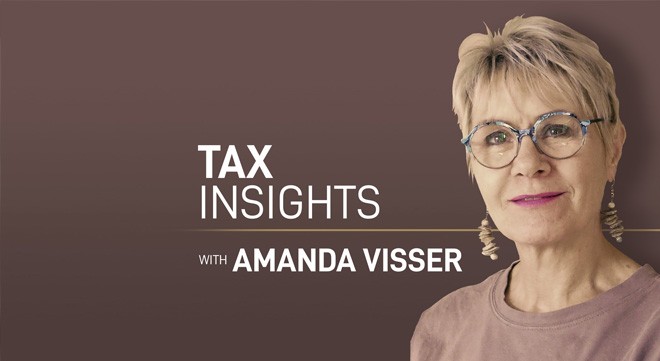
Modern contract interpretation permits surrounding circumstances to explain contractual meaning – undermining SARS’s argument that extrinsic evidence is inadmissible.
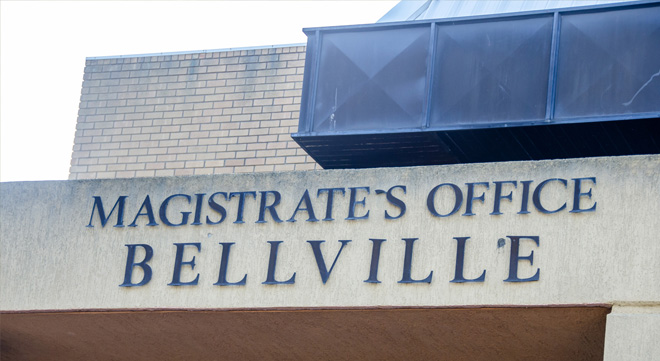
The former SARS employee and tax practitioner submitted false VAT returns and forged documents that led to R1.58m in improper refunds.
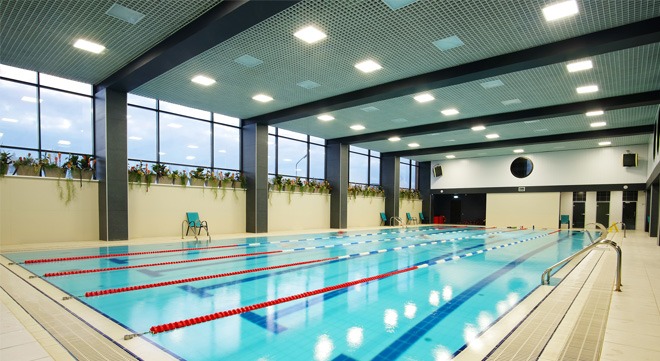
VAT-registered schools will have to deregister from 1 January 2026, but the deemed output VAT on retained assets will only be payable the following year.
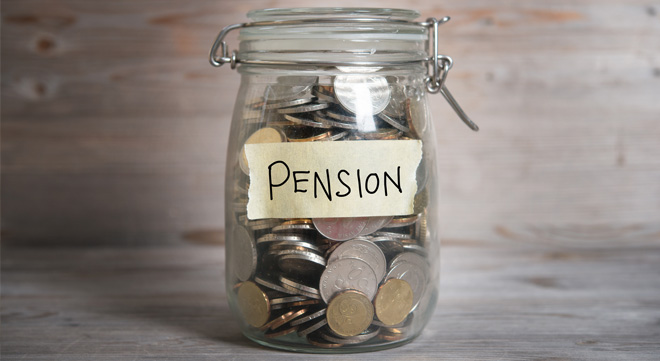
Although the amendment will not proceed, Treasury remains concerned about double non-taxation and will re-engage with the industry to find a balanced approach.
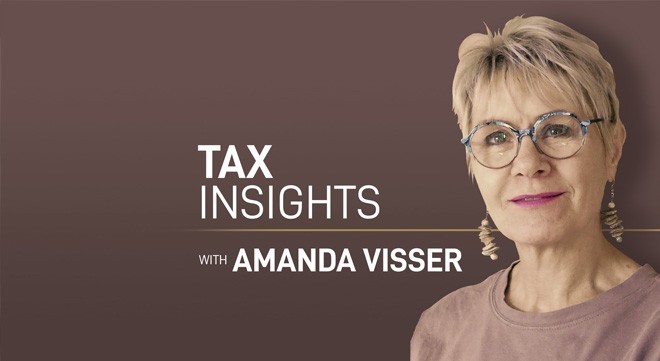
ISASA says there has always been a distinction between exempt (educational) and taxable (commercial) supplies.
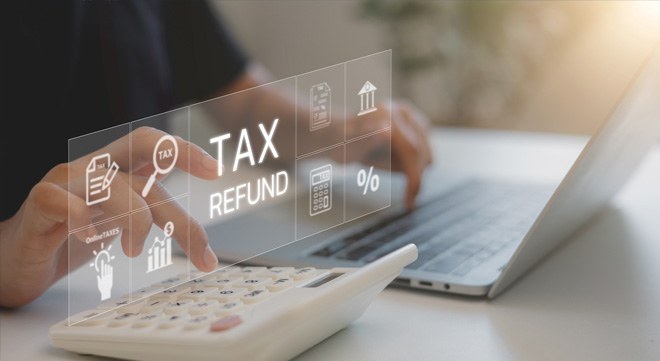
Every rand overpaid to SARS is an opportunity cost. Allocate refunds to debt repayment, savings, or retirement contributions for greater long-term benefit.
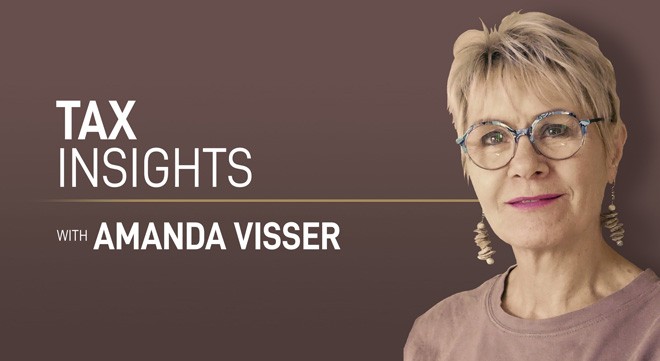
The amendment treats foreign pension benefits like other residence-sourced income, shifting the retirement planning landscape for South Africans who worked overseas.
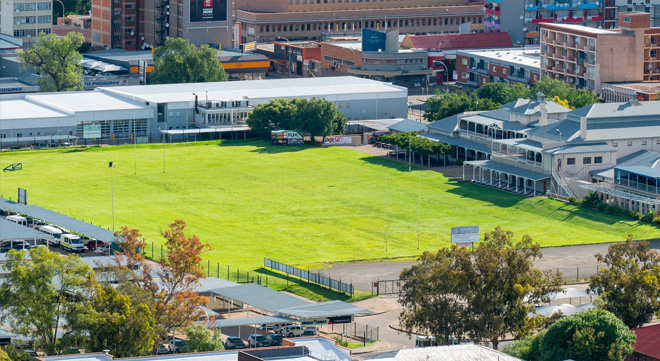
The proposed blanket exemptions for goods and services supplied by schools will force VAT-registered schools to deregister and lose input-tax recovery.
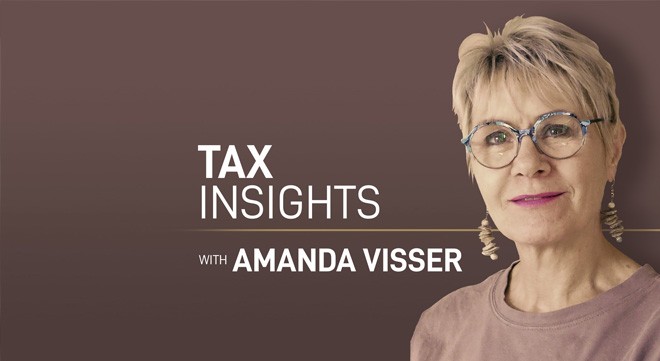
Tax specialists say stagnant thresholds have the opposite effect of policy aims – instead of freeing SMEs to scale up, they incentivise remaining under the threshold.
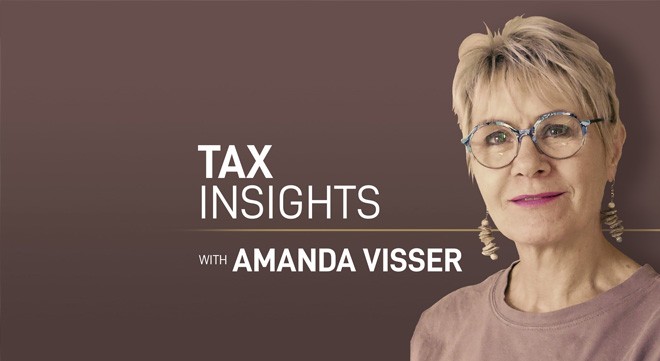
Supreme Court rejects SARS’s argument that the expert’s opinion was tainted by self-interest because of the fee he would earn.
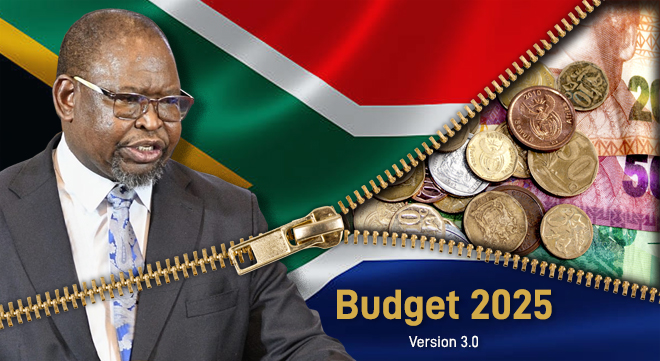
An inflation-linked rise in the general fuel levy will in no way be sufficient to plug the revenue hole left by scrapping the two VAT increases.
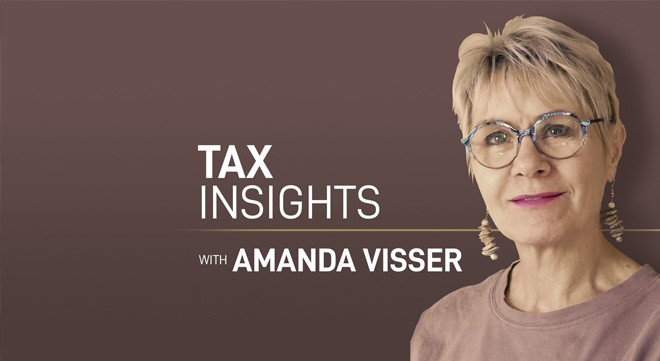
The Supreme Court of Appeal confirms that re-quantifying a tax debt post-rescue commencement doesn’t create a new, preferential liability – cementing SARS’s place as a concurrent creditor under an approved rescue plan.
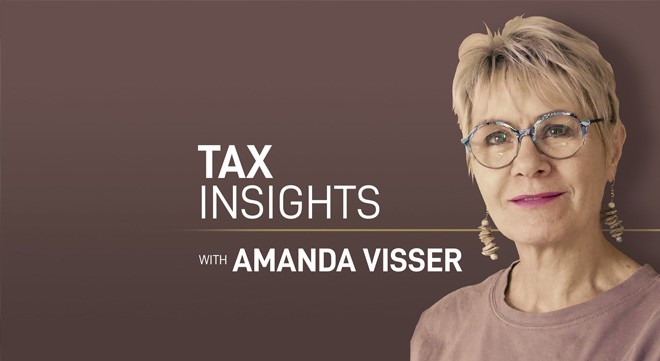
UCT tax lecturer Ben Cronin argues that by allowing the minister to amend the income tax rates by announcement in the Budget, Parliament has overstepped its competence, eroding the doctrine that places legislative authority firmly in its hands.
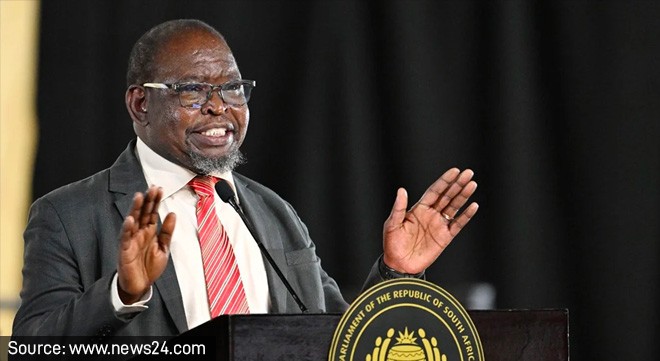
SARS tells vendors there is now no legal basis for them to charge consumers VAT of 15.5% from 1 May.